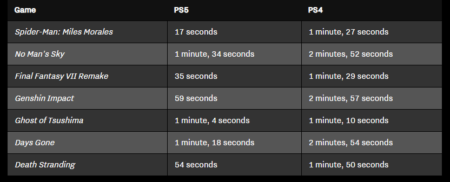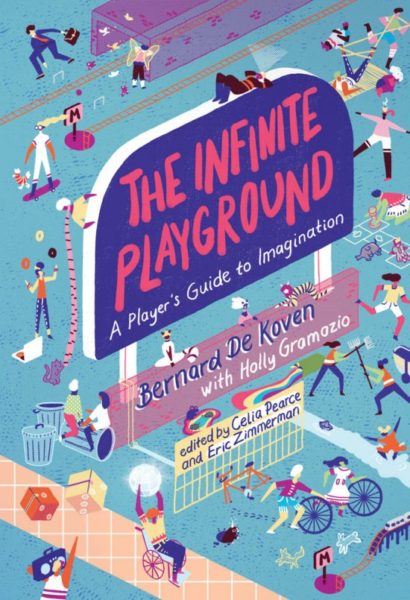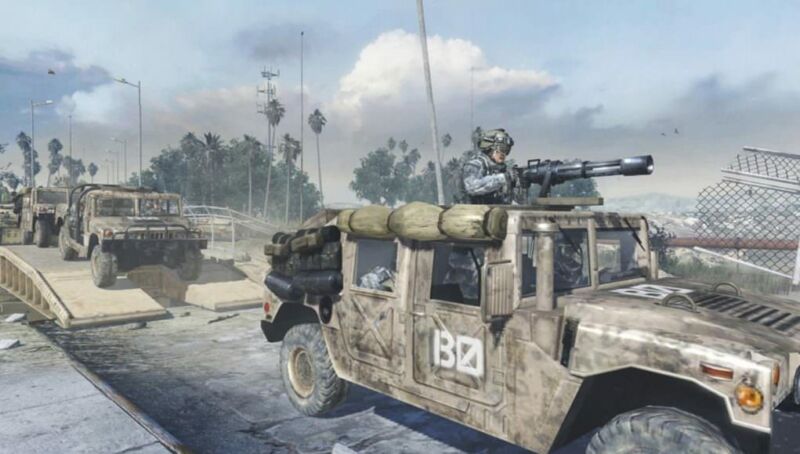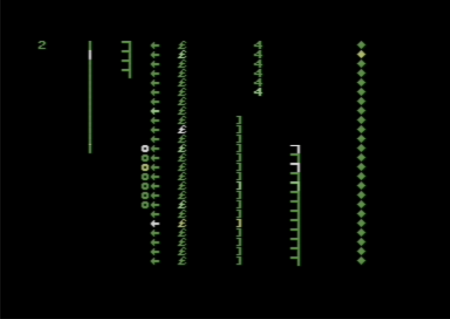For your theoretical traversal, Game Studies volume 20, issue 4.
Articles
Assessing Toxic Behaviour in Dead by Daylight : Perceptions and Factors of Toxicity According to the Game’s Official Subreddit Contributors
by Patrick Deslauriers, Laura Iseut Lafrance St-Martin, Maude Bonenfant
This article identifies 5 key aggravating factors that may lead to toxic in-game interactions according to players’ perception. We studied the Dead by Daylight community using a content analysis of players’ conversations on the game’s official subreddit to help us better understand how they perceive potentially toxic behaviour inside of the game.[more]
Dungeon Pirates of the Postcolonial Seas. Domination, Necropolitics, Subsumption and Critical Play in Pillars of Eternity 2: Deadfire
by Mateusz Felczak
This article is a close reading of a cRPG directly approaching the topic of colonialism in the fantasy setting. Its main goal is to present a framework inspired by the ideas of Achille Mbembe to assess the difficulties in applying potential elements of critical play that would transfer from the narrative into the game’s mechanics.[more]
Negotiating Textures of Digital Play: Gameplay and the Production of Space
by Justyna Janik
This paper analyzes the mechanisms of communication connecting different types of actant during the moment of digital gameplay. Gameplay is here interpreted in the context of Lefebvre’s concept of texture, developing a view of gameplay as a performative and communicative experience.[more]
Grades on Games: Gaming Preferences and Weekly Studying on College GPAs
by Kelsey Prena, Andrew J. Weaver
This study surveys college undergraduates to explore patterns across gaming, studying, and academic performance. Time studying on the weekends (positive), gender, and preferences for action games (negative) were significant predictors of academic performance. These results and complimentary results are discussed.[more]
Like Seeing Yourself in the Mirror? Solitary Role-Play as Performance and Pretend Play
by Jaakko Stenros, Tanja Sihvonen
This article analyzes the single-player digital role-playing game as performance and pretend play through character creation, character interaction, and game mechanics. These games are positioned as toys that are “pretend-played” with expectations. Players’ extended “pretend play” is conceptualized and analyzed as queering.[more]
Player customization, competence and team discourse: exploring player identity (co)construction in Counter-Strike: Global Offensive
by Matilda Ståhl, Fredrik Rusk
This ethnographic study explores a participant’s perspective on local player identity (co)construction in Counter Strike: Global Offensive (CS:GO). Although there are individual variances, the identities (co)constructed orient towards a perceived competent player identity shaped by technomasculine norms in online game culture.[more]
From Dead-end to Cutting Edge: Using FMV Design Patterns to Jumpstart a Video Revival
by Carl Therrien, Cindy Poremba, Jean-Charles Ray
This paper argues that design patterns from full motion videogames are a useful source of design knowledge that can scaffold the development of new works. It presents results from a historical analysis of over ninety games using live-action full motion video. Methods for re-integrating this knowledge back into the design process are explored.[more]
(Re)Mastering Dark Souls
by Timothy Welsh
This paper argues that the aesthetic experience of playing Dark Souls changes over time as the player community shares its collective mastery of the game. It analyses how late-stage player practices often replace exploration and discovery with efficiency and productivity. In conclusion it raises the need for a historically situated poetics of play.[more]
Book Reviews
Shira Chess, Play Like a Feminist.
by Esther MacCallum-Stewart
Play like a Feminist. (2020) by Shira Chess. Cambridge, Massachusetts: MIT Press. ISBN: 9780262044387. 184 pp.[more]

 interested in how video game consoles have – at least since the Nintendo 64 – consistently been promoted on the promise that now, graphics were being revolutionized and we would finally be able to play video games that were “just like movies”.
interested in how video game consoles have – at least since the Nintendo 64 – consistently been promoted on the promise that now, graphics were being revolutionized and we would finally be able to play video games that were “just like movies”.
 The other apparent thing now is the sheer genericness of the hardware. The Xbox and PlayStations are now both just boxes of ever-so-slightly modified generic PC components, AMD RDNA 2 CPU and GPU, SSD and so on. I think this correlates with a de-emphasizing of console generations, with a larger expectation of backwards compatibility and mid-generation updates (PS4 Pro, Xbox One S|X).
The other apparent thing now is the sheer genericness of the hardware. The Xbox and PlayStations are now both just boxes of ever-so-slightly modified generic PC components, AMD RDNA 2 CPU and GPU, SSD and so on. I think this correlates with a de-emphasizing of console generations, with a larger expectation of backwards compatibility and mid-generation updates (PS4 Pro, Xbox One S|X).

